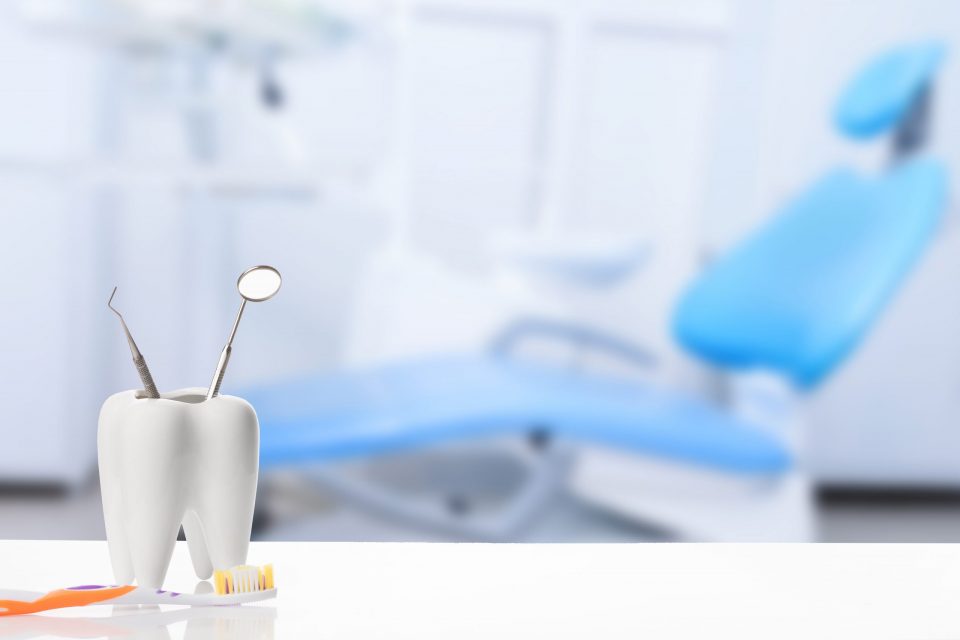Do you pay much attention to those cards in a hotel room asking you to reuse your towels? Many people don’t. But one researcher, Robert Cialdini, a University of Phoenix professor and the author of Influence: The Psychology of Persuasion, found a way to get guests to cooperate. He created a card saying that most guests who stayed “in this room” reused their towels. The response beat the typical compliance rate by 33 percent.
Cialdini calls this the “Social Proof Effect,” and it is a powerful force in our increasingly connected culture. It’s not about peer pressure. It’s about peer information, and how we behave and make decisions based on the standards, expectations, and recommendations of our social groups. It’s why people share TV talk around the water cooler, and it explains the popularity of social media like Facebook and Twitter, which make it easier than ever to be plugged into what our peers are thinking and doing.
Many dental offices use social media as a way to connect with patients and bring discussions of dental issues into their cyber-world. It’s not for everyone, but there are many patients who like and benefit from it.
The same thing goes for “Dr. Google”. It is just another way to get information. Many people use Google to help self-diagnose. Any information helps make you more informed and aids in making decisions when it comes to choices. With many people it’s reassuring—a way of validating that the choice they’re about to make has been endorsed by people like them in similar circumstances.
More and more patients are coming into the office armed with information they have collected from their own web searches. Many times it is good information, which stimulates good discussion. Other times the information brought to the table is misguided information, which can stimulate good discussion, but can also confuse people.
One potential problem is that patients often think that if something didn’t work out for someone they know, it is not right for their particular situation. For example, I have had patients come in and say, “My friend had a miserable time with a dental implant. I don’t want a dental implant.” In this situation it takes a lot more nurturing and education to convince someone that a dental implant is right for them. Sure, there are people who have problems, but there are many more people who have had positive experiences and wouldn’t want anything else.
This is where spending time one on one with patients is so important. TIME is the most precious gift a healthcare provider can give to his or her patients. Spending time to educate people allows them to make the best decisions for themselves. The trend is to spend less time with patients. There may be many reasons for this, but one definite one is the pressure from insurance companies to control costs. Who wins in that situation?
Whatever way you get your information, take the time to thoroughly discuss it with your healthcare provider. Bring the information you find and incorporate it into the conversation. Your healthcare provider should be YOUR biggest advocate. It should be a trusting and transparent relationship. If it doesn’t seem that way, maybe you should consider your alternatives.
Dr. St. Clair maintains a private dental practice in Rowley and Newburyport dedicated to health-centered family dentistry. He has a special interest in treating sleep apnea and TMJ problems. If there are certain topics you would like to see written about or questions you have please email them to him at jpstclair@stclairdmd.com




